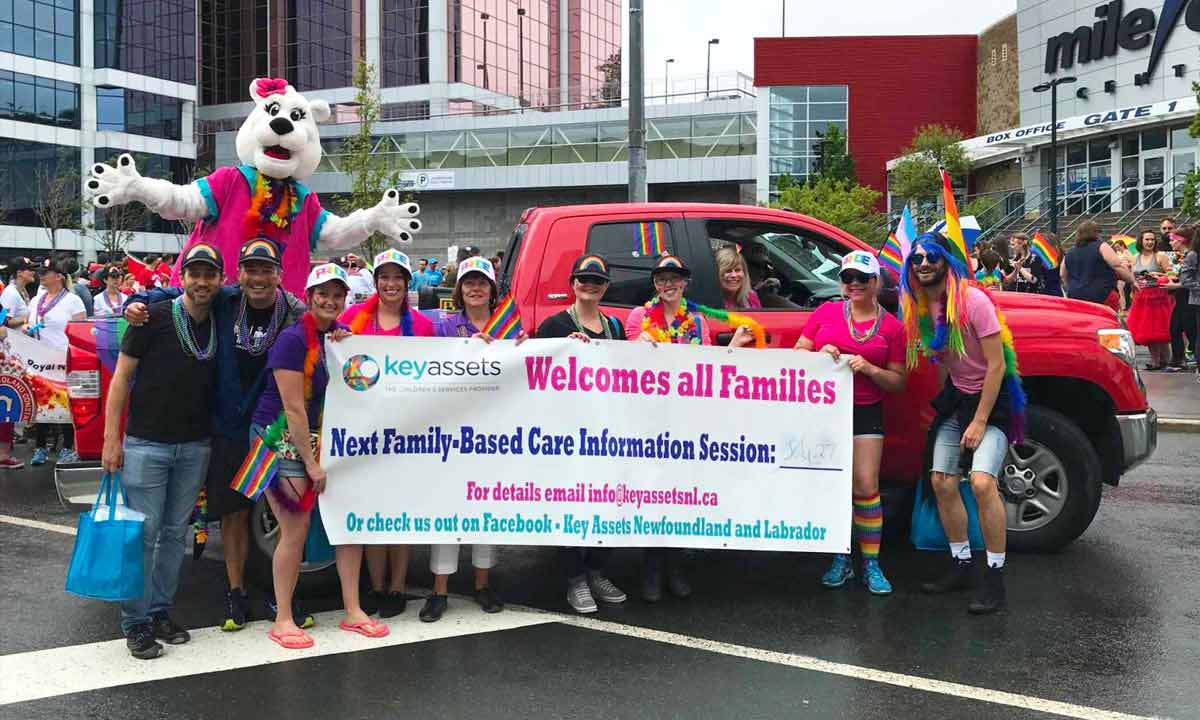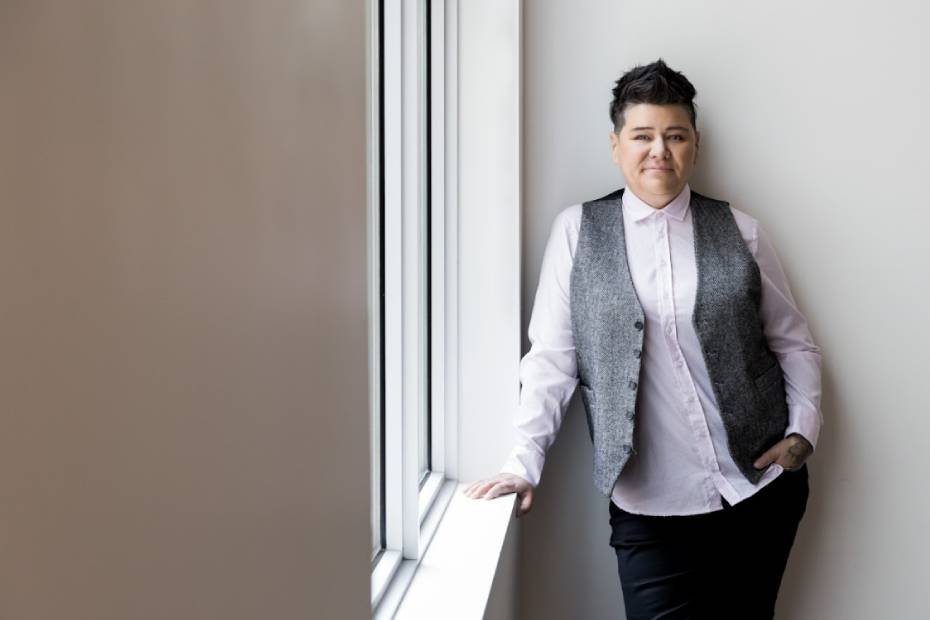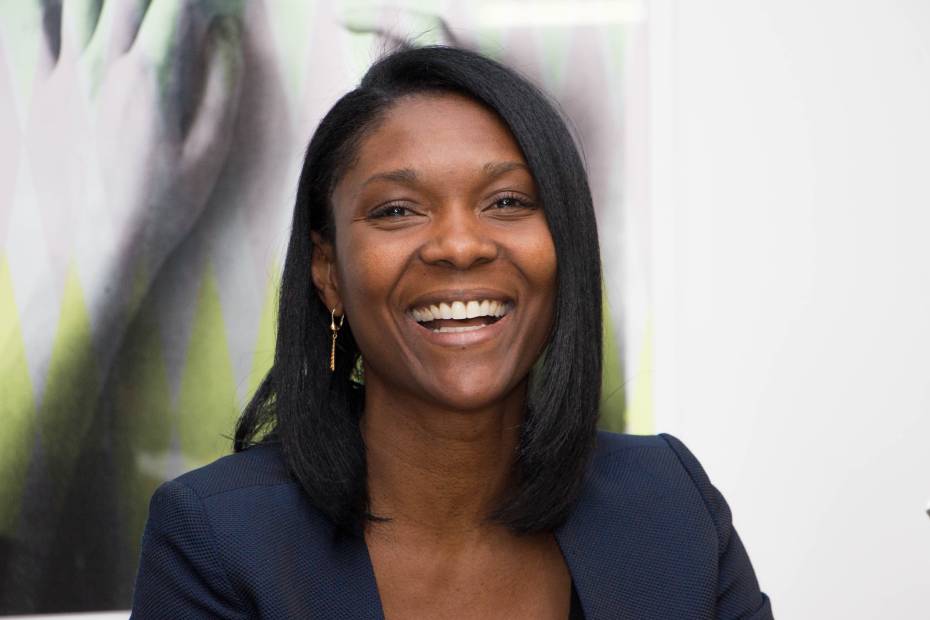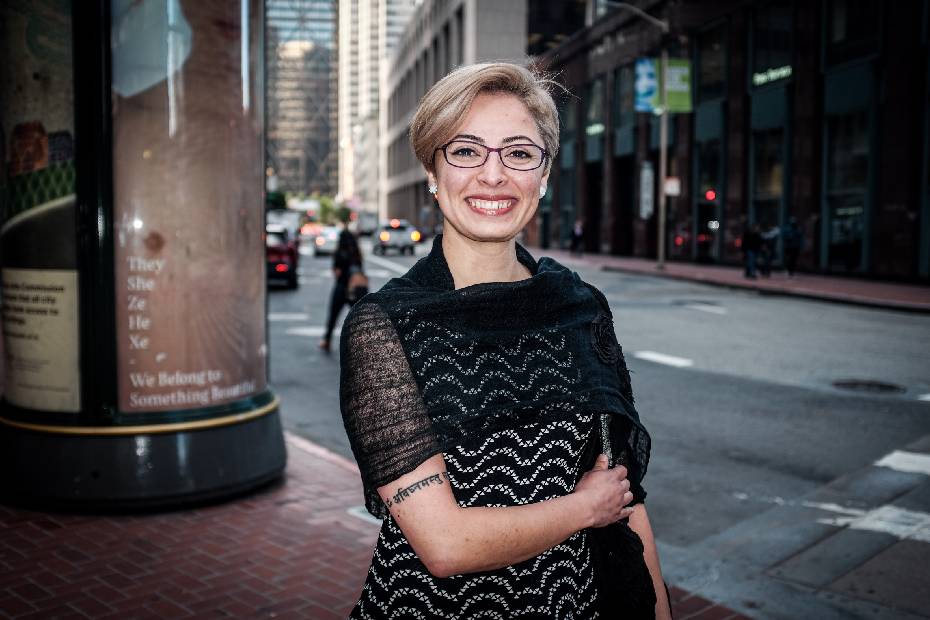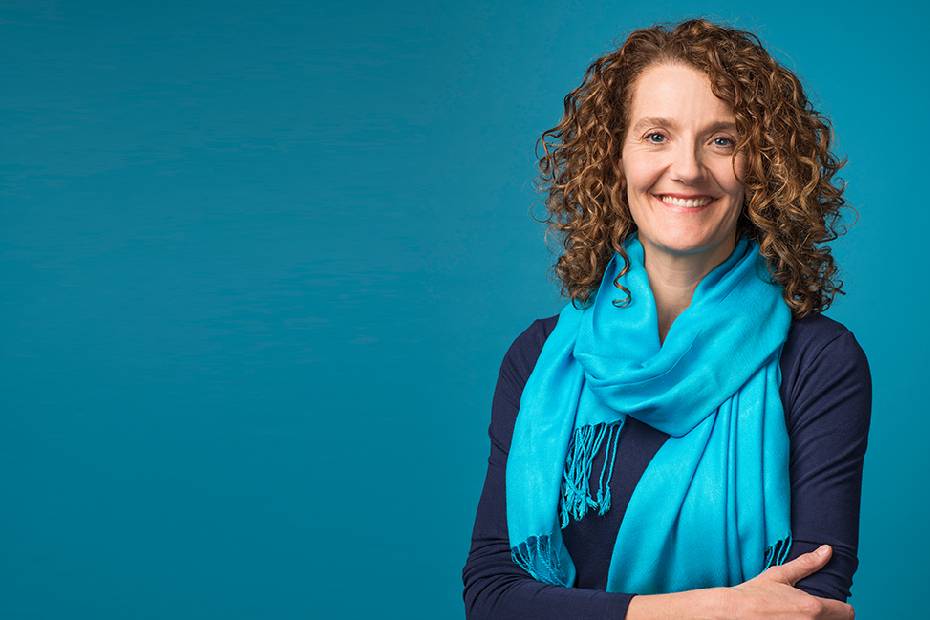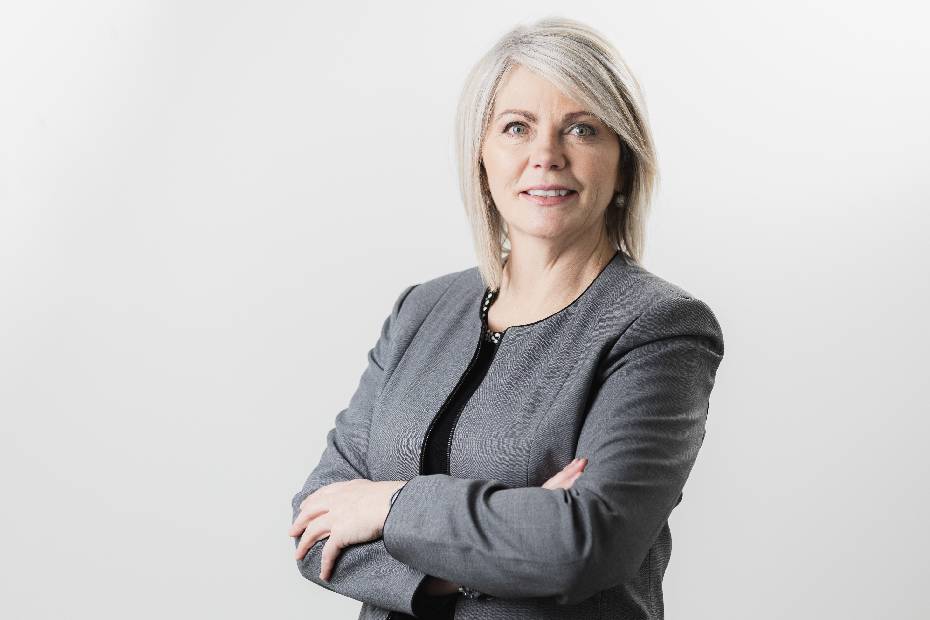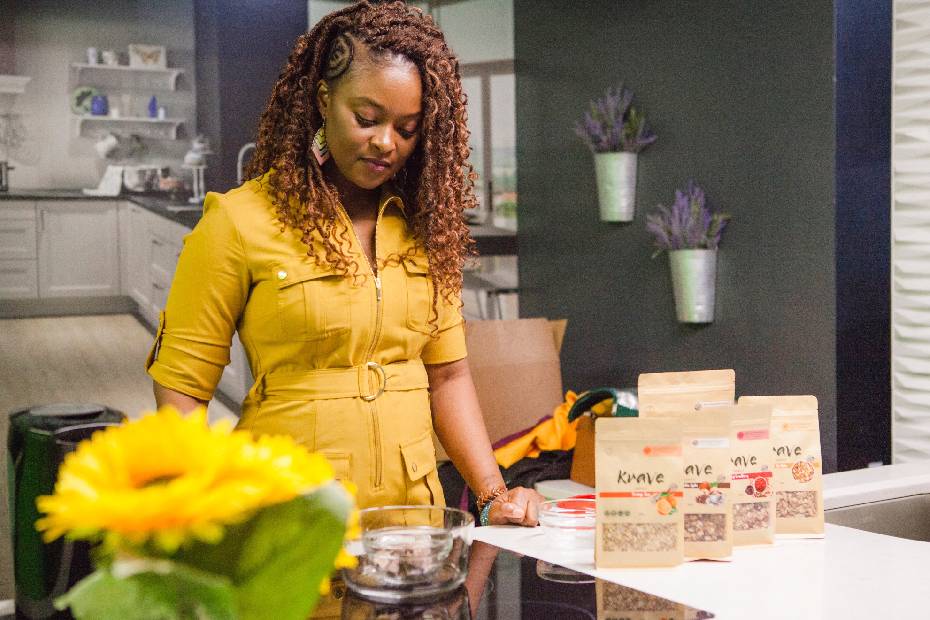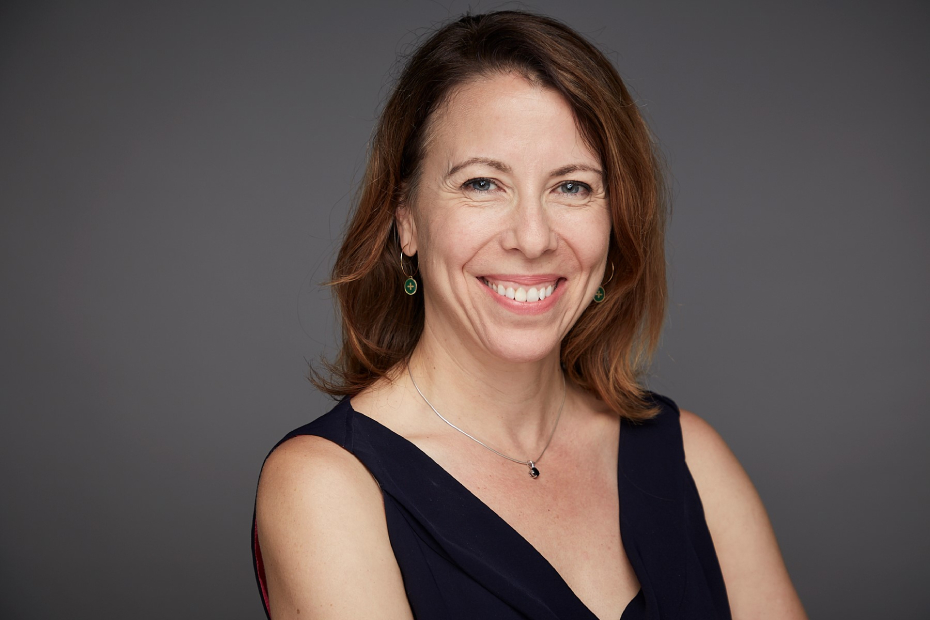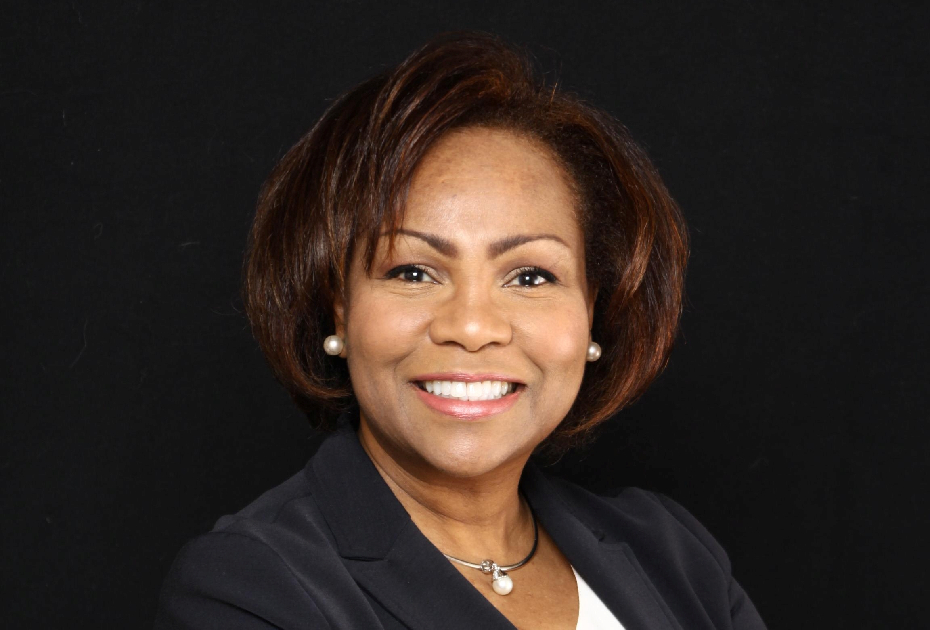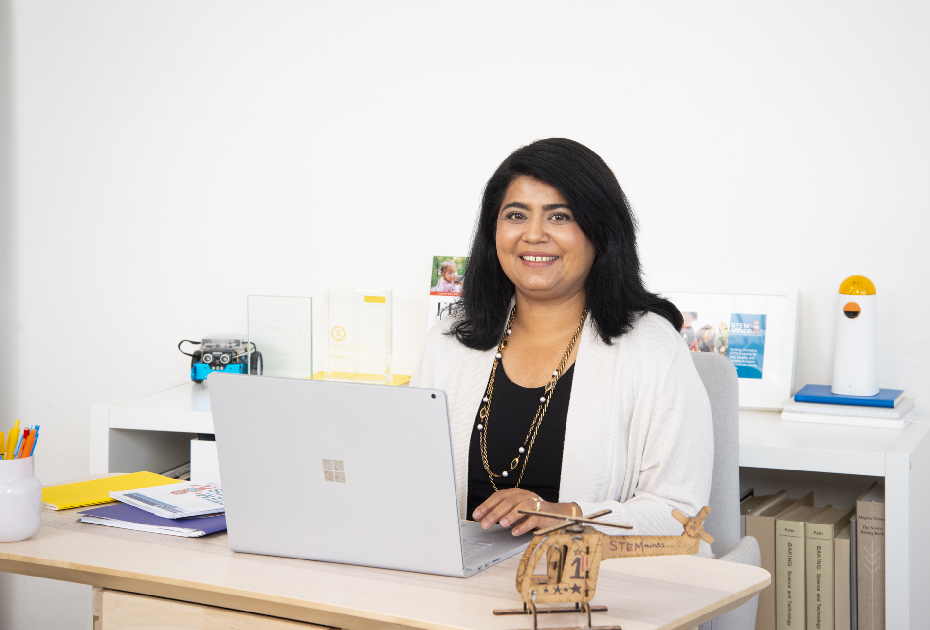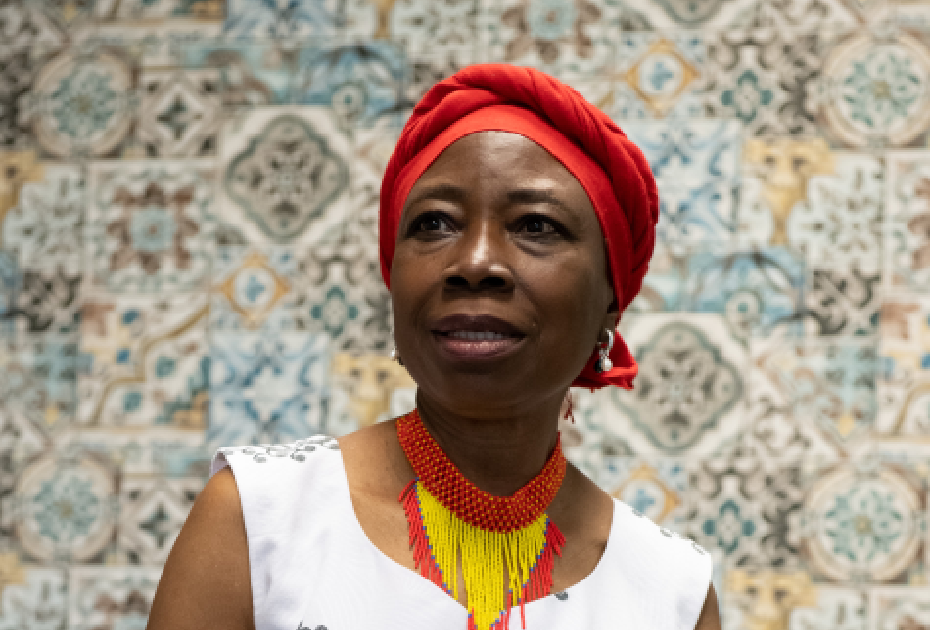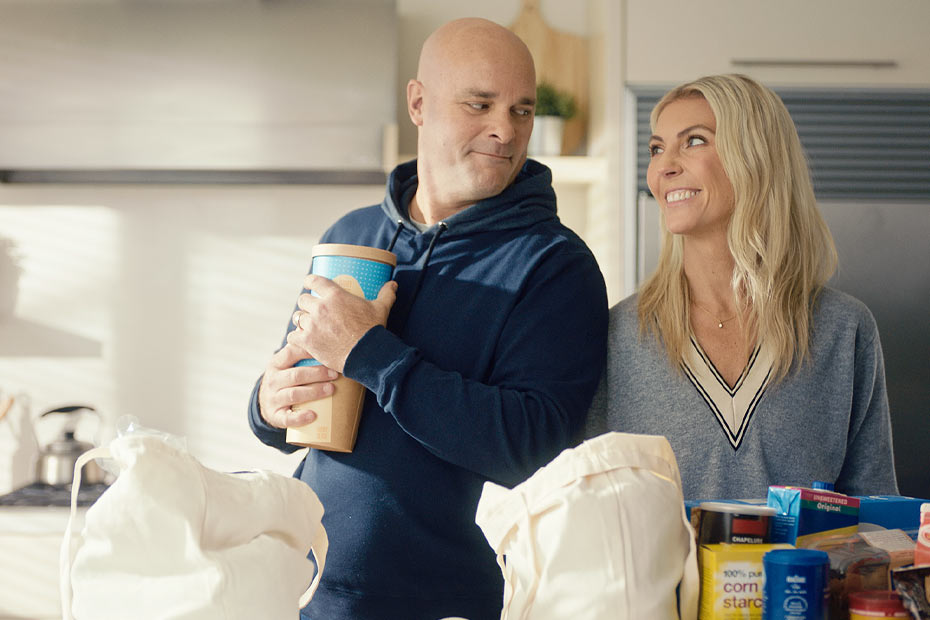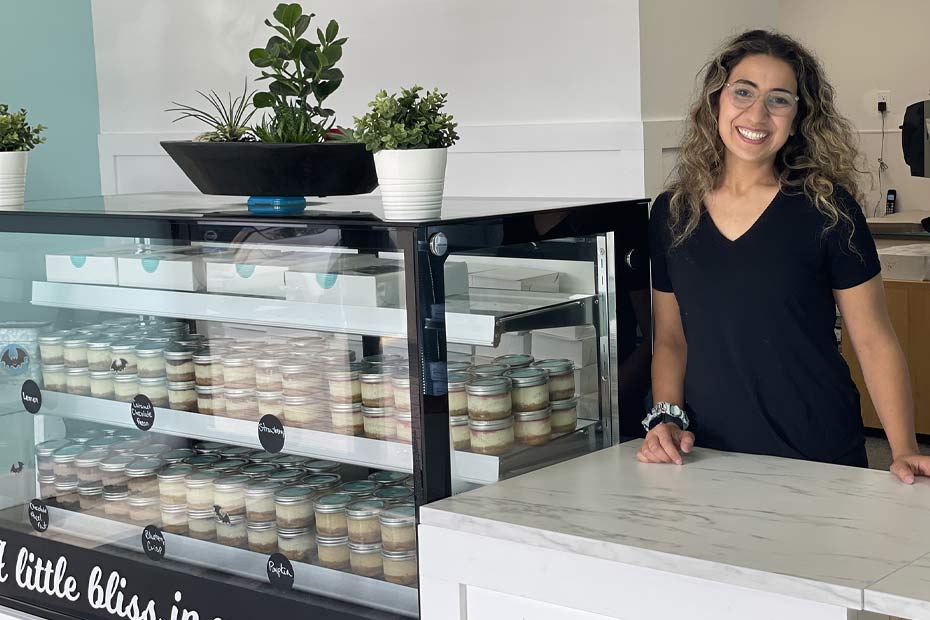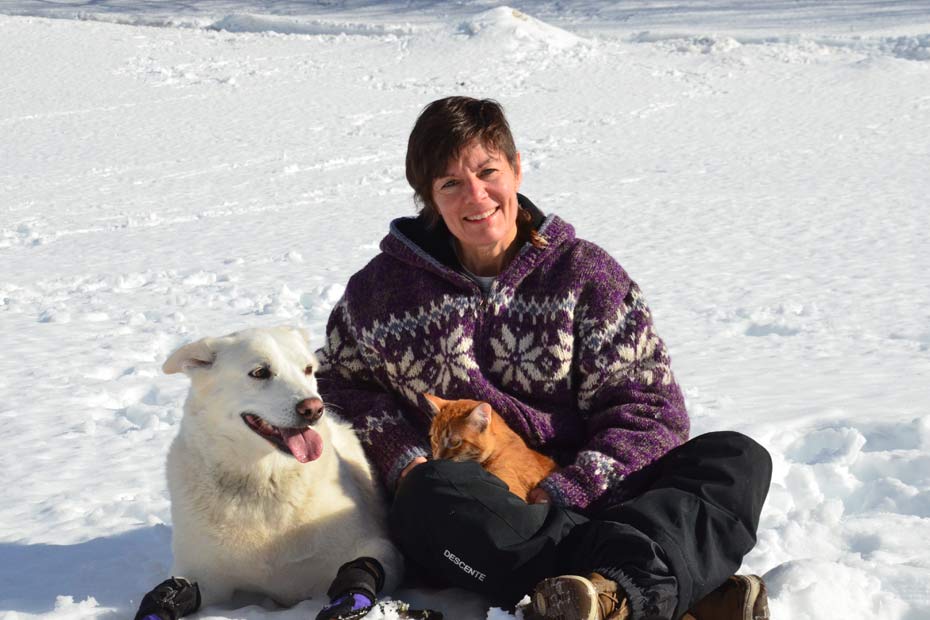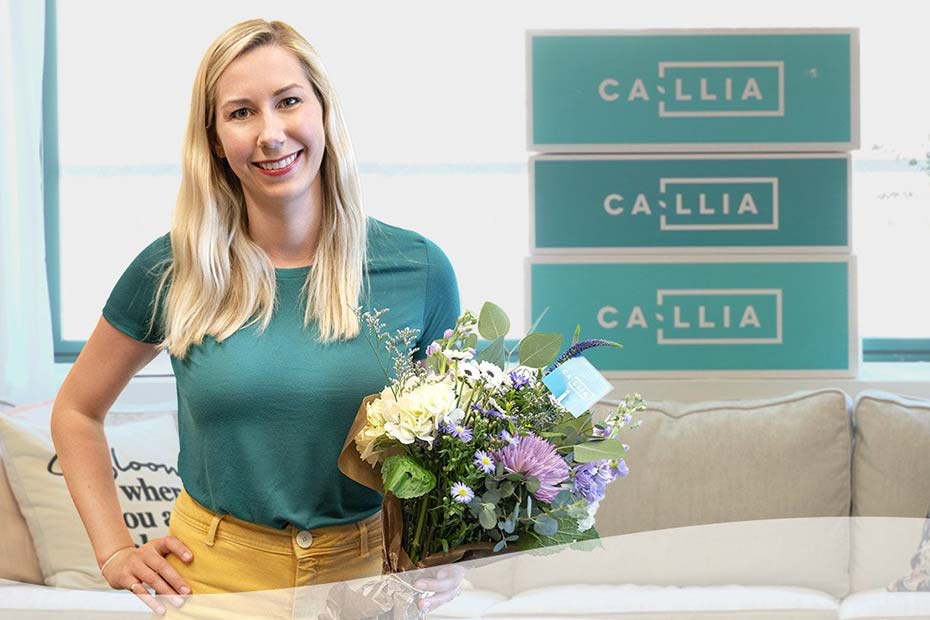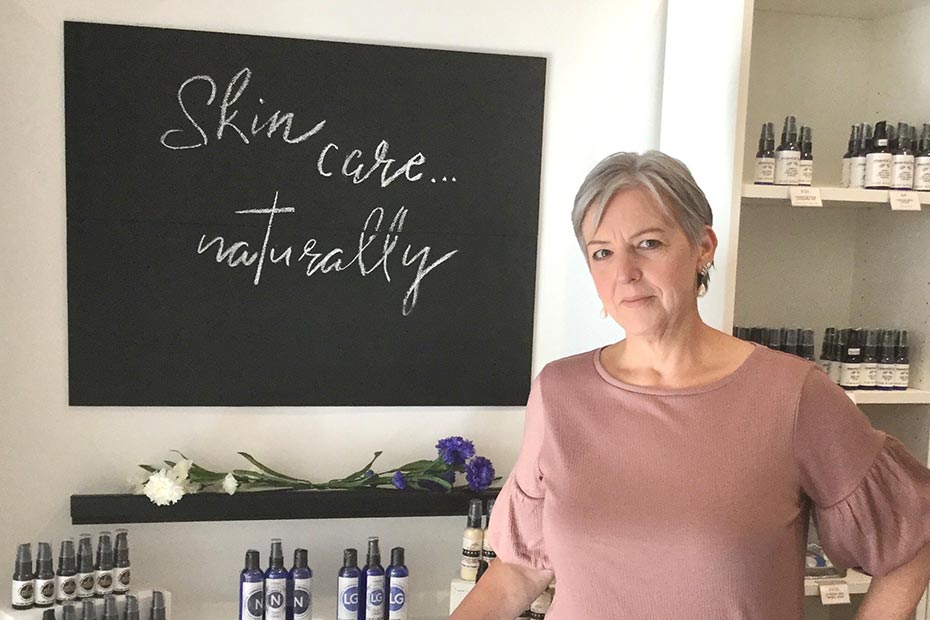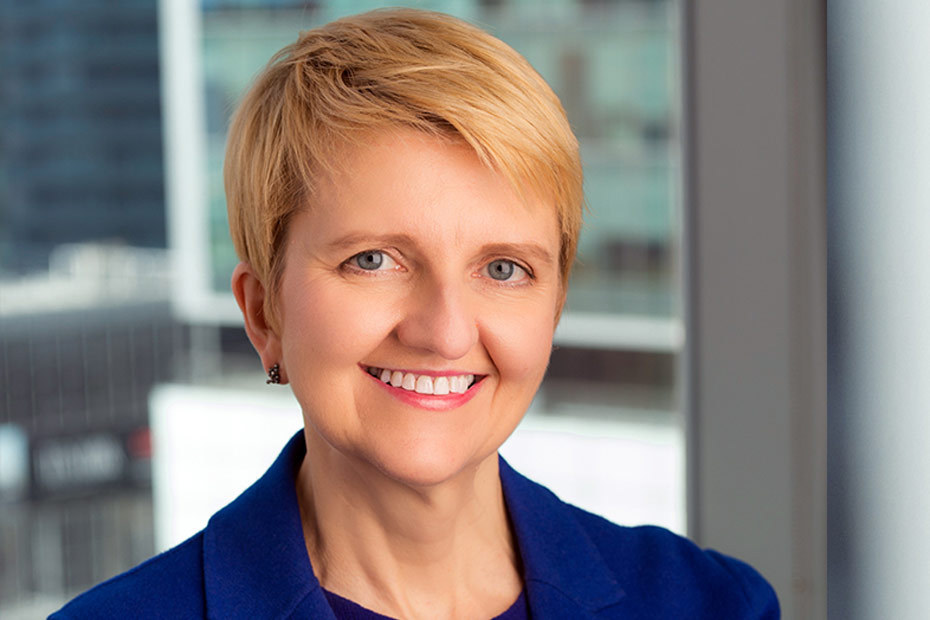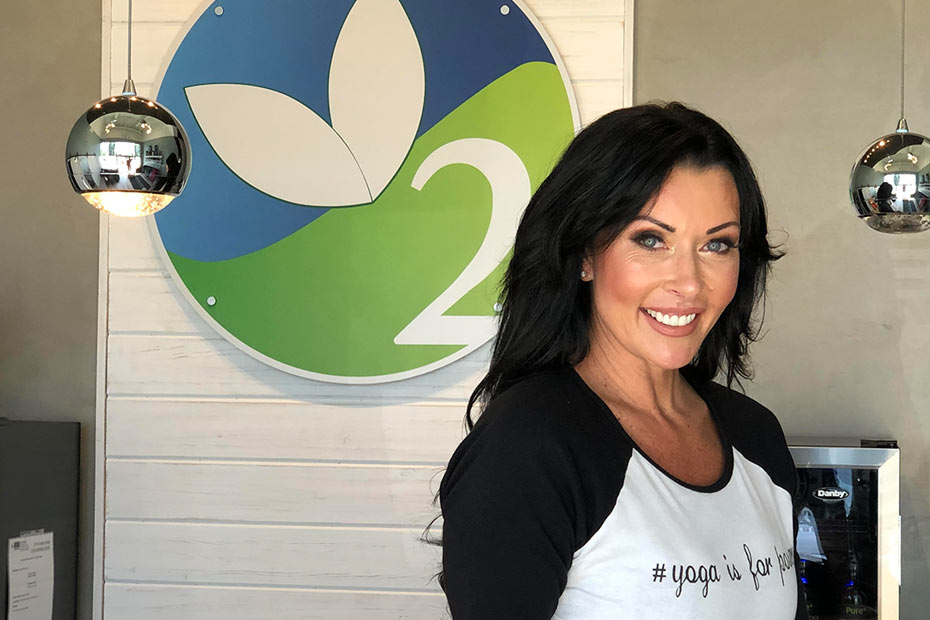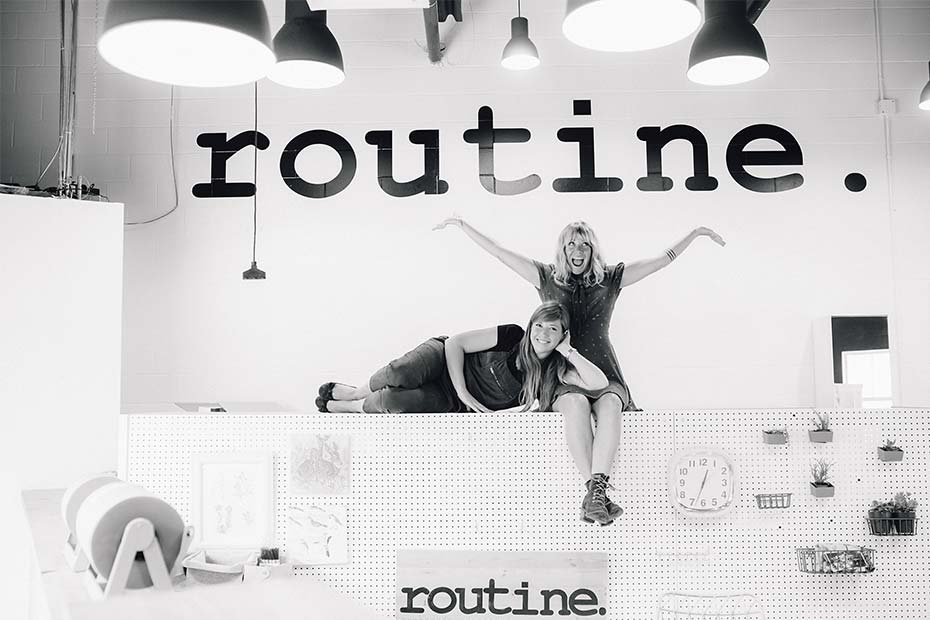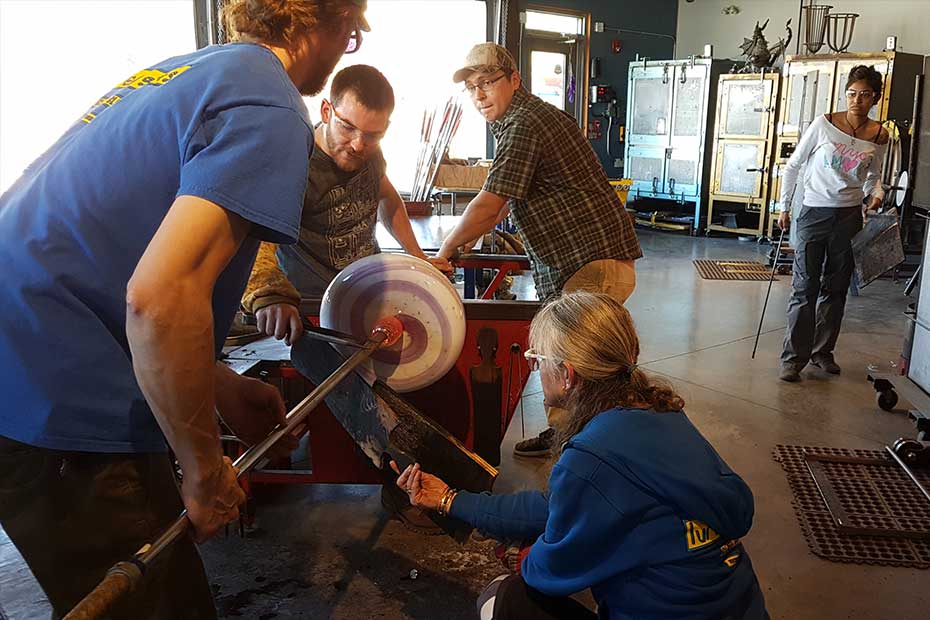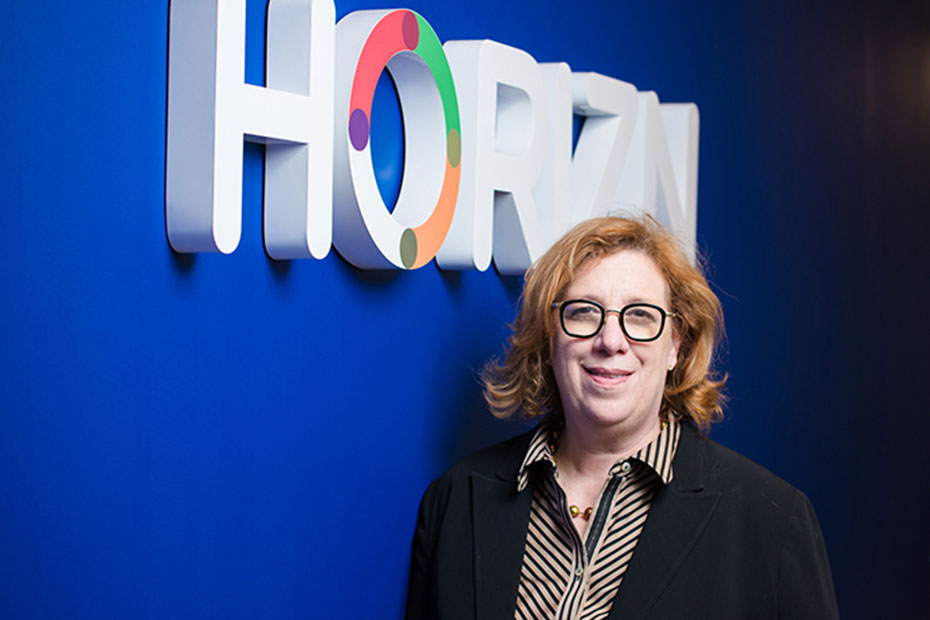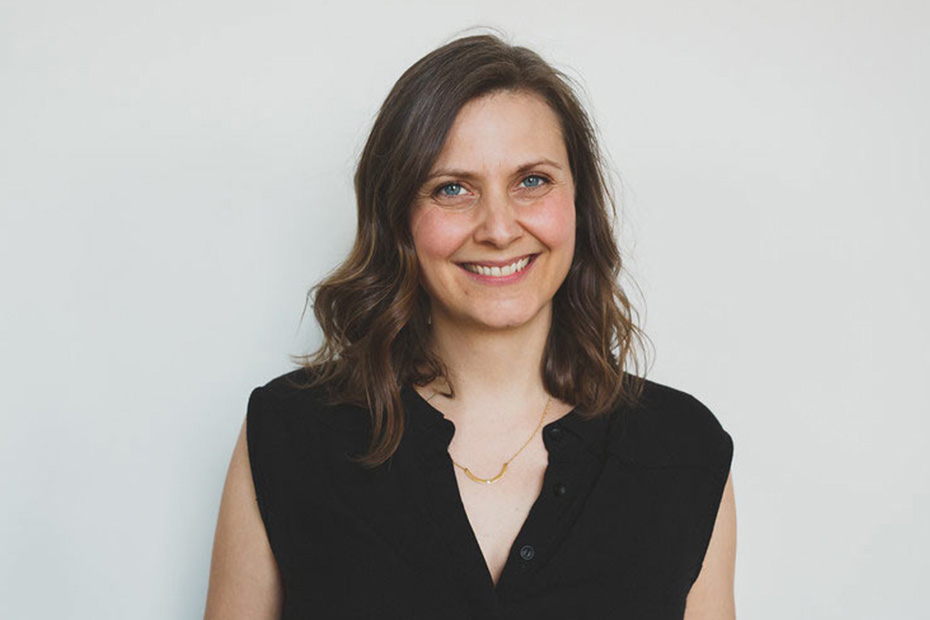Ever wondered how successful entrepreneurs turn their dreams into reality? What drives them to push the envelope, create change and advance their industries? We had the opportunity to ask Canadian small business owners how they transformed their ideas, goals and passions into reality.
Heather Modlin, finalist for the Social Change Award at the 2018 RBC Canadian Women Entrepreneur Awards, experienced significant challenges when starting up Key Assets Newfoundland and Labrador — an organization set out to create change within a government-regulated environment.
Driven to never give up on her vision and savvy enough to pivot and diversify when necessary, Heather has advanced family care in Newfoundland and Labrador, and made a meaningful difference for children and youth in communities across the province.
Q: What is your focus at Key Assets?
Modlin: Key Assets Newfoundland and Labrador is a non-profit organization delivering residential and family-based care, including support services to children, youth and families in our local communities. We are part of an international group of companies that operates in several countries around the world.
Q: What led you to start the organization in Newfoundland?
Modlin: Prior to starting Key Assets I worked at an organization that provided residential care to youth and families. In the child welfare system in this province, there is a shortage of foster homes. As a result, children would be placed in ad hoc arrangements — in some cases in hotels temporarily because there were no families for them.
When an opportunity was presented to me to start Key Assets in Newfoundland and Labrador, I took it for several reasons — primarily because the timing was really good in terms of having an opportunity to create a different kind of placement option for youth and families.
Q: What were some challenges you were confronted with as you started up?
Modlin: We encountered considerable difficulty at the beginning in terms of getting up and running. There were no community organizations providing foster care — only government.. At that time the Department of Child, Youth and Family Services was developed, and as a new government department they had to do their own planning before they could determine how to use available resources. As a result, there were a lot of false starts and delays to providing the services we set out to provide.
Q: What did you do while you were waiting?
Modlin: While we waited to see if we could provide foster care, we started working with youth who had difficulties. We specialized in individualized environments based on special needs. We still provide this service, where we address complex needs and behavioural issues.
Our mandate has always really been about making a positive and lasting difference for children, youth and families. If there is a need, if we are approached to help, we’re really focused on doing whatever we can do help in that area. Within our communities, that has opened the door to many other opportunities.
Q: Who are some of the people who supported you on your journey?
Modlin: There have been many people who have made a difference.
Support from our parent company needs to be acknowledged. I have been very fortunate to be part of an international organization because there is built-in support. Not just the people I report to, but also colleagues doing similar jobs in other regions.
My colleague Dave Martin provided significant support and was key to us staying afloat.
Plus, there was tremendous community support. Both Dave and I had worked for a long time in the community and had good reputations. People really believed in the services we provided — we would never have been able to get through early years without the local support we received.
Q: As you struggled to get the business off the ground, what were some of the things you did to keep the business alive?
Modlin: Between Dave and I we did a fair amount of work in consulting — we diversified and took on jobs to keep us going. We did bits of training here and there for organizations, which kept us pretty busy. We were willing to do anything at all that would allow us to pay the bills. The upside is that it also kept us engaged – it would have been easy to become isolated, but our work enabled us to stay connected.
Q: Do you have any “If I could do it again…” stories?
Modlin: To prevent hearing the word “no” regularly over the first few months, the one thing I would have done differently would have been to try and secure government approval before opening.
The struggles we experienced resulted in us being stronger in other areas. For instance, residential care was not part of the plan but we ended up working with really interesting young people who taught us a lot. We would come across a child with very complex and serious behavior issues. We would never say no to a young person ever — we just had to figure out a way to do it.
So much of the learning we’ve had has come about from the struggles we’ve had. I’m not sure we would have learned the same — some of what happened really opened doors that we didn’t know could have been opened.
Plus, those early days also serve as a reminder when we start to complain about being too busy. This is way better! It’s better than saying, “Please give us something to do.”
Q: Can you describe how Key Assets has expanded and flourished since you received your approval?
Modlin: Over the last five years, we have expanded in terms of our range of services, as well as across the province. When we started out, we had four children placed with us and 30 employees. Now we have 115 children in care across all four regions of the province, including coastal Labrador, with 300+ employees. Needless to say, we have seen rapid expansion.
In addition to residential and family-based care, we have started a program called SNAP that is funded federally, through Public Safety Canada, for 6-11 year olds that offers homework support and in-home family support for those who have children but need assistance with them.
In Intensive Family Intervention we provide in-home supports to families who are experiencing difficulties managing their child’s complex needs within their home environment and/or are at risk of having a child or children removed from their care because of identified protection concerns. Supports are also provided to facilitate family reunification and permanency planning for young people leaving care.
Recently we added clinical services. We have twelve therapists who offer therapeutic services to children, youth and families as well as those who care for them.
At the request of the Nunatsiavut Government in Labrador, we have two therapists who travel to the communities of Nain and Happy Valley-Goose Bay each month to provide services to the families of Murdered and Missing Indigenous Women and Girls plus other trauma survivors. Our therapists have been providing counselling, group programs and “Let’s Talk About…” sessions for the community.
In partnership with the Department of Children, Seniors and Social Development and the Nunatsiavut Government we operate programs in coastal Labrador to keep Inuit children in their home communities. We have been in Hopedale since 2016 and in Nain since 2019.
And then there is the child advocacy centre, which we have been working toward for quite a while as one of several partners. It would be a first point of contact for children who have experienced abuse. The centre, which is still in development, would provide access to child protection workers, police, prosecutors and related professionals within a very highly trained and small team. We know that for those who have experienced abuse, having the support available when they first disclose abuse or violence makes a significant difference in their recovery.
There is a lot in the works. It’s been a long, exciting, busy journey.
Q: As your business has grown, how has your day-to-day role evolved?
Modlin: Letting go has been the hardest part. I used to be very engaged in case planning meetings and actively engaged with every child. Now I don’t know all the names of the children – so that has been a significant adjustment. I don’t know if I’m fully adjusted.
I don’t have the same job as I did before. We now have over 400 employees and a 30-person leadership staff. It’s my role now to empower the people that are in their roles to do their jobs – it’s important to be supportive and available.
We haven’t stopped growing, but we are better equipped now than ever. The first couple of years we took off like crazy, yet we didn’t have the infrastructure. Now we do — we have taken the time to build it out. As a result we are very well positioned with a very good model. While we don’t ever want to be bureaucratic, we have the structure in place to help us succeed.
Q: How have you been able to find and retain the right staff to support your mission and values?
Modlin: In the early days it was much more challenging. The first year we had to un-hire people because we thought we had a project but it fell through. It was hard to ask someone to leave a job.
Now we constantly have a stream of resumes – we don’t advertise anymore. We have become a premier organization – we have been on the great place to work list for last 3 years in a row. We have been named best workplace for women, for training, for millennials. It’s all a result of a positive workplace culture that we have created.
Outside of St. John’s it’s harder because the population is smaller. In coastal Labrador we know we won’t get the same experience, so we very consciously hire for aptitude and we plug in training where we need. This way we are also building capacity within the community and ensuring that our teams are up to par.
Q: What advice would you give someone who is starting a business?
Modlin: The key is that you have to be very passionate about what you’re doing. It has to be something you really want to do for really good reasons. You have to be willing to persevere and be patient. It’s likely not going to be smooth sailing — there’s bound to be lots of rejection. So you have to set yourself up to recognize that this is part of the process — that helps to be able to stick with it.
You also have to be willing to deviate and diversify. We wouldn’t be operational today if we hadn’t deviated.
In November 2018, 23 women were recognized at the 2018 RBC Canadian Women Entrepreneur Awards. These exceptional women, and their trail-blazing companies from a variety of industries, share a common goal — to be the best at what they do.
More from the Canadian Women Entrepreneurs Series:
This article is intended as general information only and is not to be relied upon as constituting legal, financial or other professional advice. A professional advisor should be consulted regarding your specific situation. Information presented is believed to be factual and up-to-date but we do not guarantee its accuracy and it should not be regarded as a complete analysis of the subjects discussed. All expressions of opinion reflect the judgment of the authors as of the date of publication and are subject to change. No endorsement of any third parties or their advice, opinions, information, products or services is expressly given or implied by Royal Bank of Canada or any of its affiliates.








